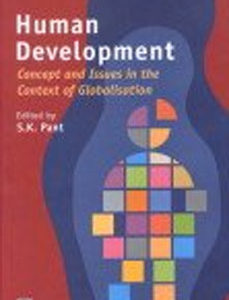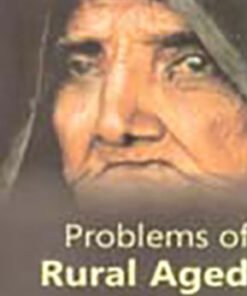NGOs AND DEVELOPMENT: The Indian Scenario
₹1,195.00 Original price was: ₹1,195.00.₹956.00Current price is: ₹956.00.
25 in stock
NGOs are an important link between people at the grassroots, civil society and the state. They have been instrumental in creating awareness and implementing development programmes in agriculture, watershed development, women’s empowerment, education, de-addiction, removal of superstitions, and health and family welfare. They are thus representative of alternative modes of development thinking in India.
At the same time, NGOs are dependent on, and influenced by, the state as well as the national/international funding, ideology and programmes. This interface between NGOs, civil society and the state needs to be urgently addressed. There are various ways of approaching the NGOs in order to review their role in development. The scope is immense and the field of voluntary organisations is a fertile ground for researchers in sociology/social anthropology, economics and social work.
The present book addresses itself to the political economy of NGOs as well as to issues such as ideology, human rights, people’s participation, good governance, empowerment through concrete experiments/case studies of voluntary organisations functioning in various regions of the country.
| Author's Name | |
|---|---|
| Binding | |
| Release Year | |
| Language | |
| Publisher |
Related products
Globalization & Development
Globalization & Development
HUMAN DEVELOPMENT: Concept and Issues in the Context of Globalisation
Globalization & Development
GLOBALIZATION AND UNEVEN DEVELOPMENT: Neocolonialism, Multinational Corporations, Space and Society
Globalization & Development
Globalization & Development
Globalization & Development
Globalization & Development
Globalization & Development











